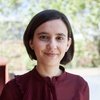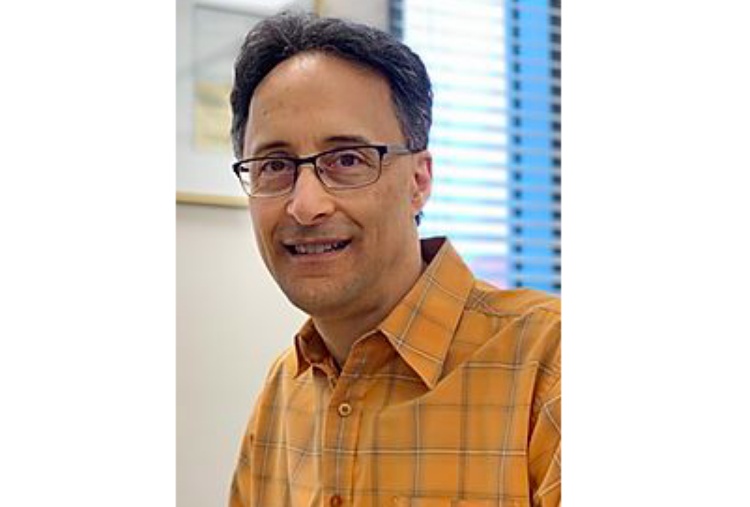These are the words of Dr Jeffrey Erlich, a Melbourne-based GP who speaks English, Italian and French, as well as a little German and Japanese.
For years he’s worked in Brunswick, a suburb with a large Italian population.
“My interest in studying Italian developed after graduating from medical school,” he said.
“I was looking to gain a broader understanding of Melbourne’s cultural minorities, and decided to choose Italian because it sounded interesting and musical, and it looked easier than Greek or Asian languages.
“I’d studied French at school and obviously, with the grammar being very similar, that certainly made it easier to progress.”
Dr Erlich studied at the Centre of Italian Studies in Carlton for around two years, at the same time he started working in the Brunswick area.
“I expected to be able to use my Italian skills immediately with my patients, and in fact I did… but not in the way I’d imagined,” he said.
“I had no idea of the diversity of Italian dialects spoken in Melbourne.
“It was tremendous fun picking up the various essential expressions and proverbs that a doctor needs to communicate with the older members of the local Italian community.
“I learnt Italian at school, but I learnt to communicate on the job.”
Dr Erlich believes that speaking a second language is a “tremendous asset at work”.
“My ability to communicate directly with the patients, rather than relying on their adult children to translate and accompany them, is indispensable to my job,” he said.
He also takes great pride in his Italian skills.
“I’ll never be mistaken for a native speaker but I’ve lost count of how many patients have told me that I speak better Italian than their children,” he said.
“That always brings a smile to my face.”
So what are the biggest challenges of being a doctor?
“Every job has its challenges; medical practice is no exception,” he said.
“For a doctor to perform at his or her best, there is a required combination of technical skills, communication skills, empathy, problem-solving skills, pattern recognition, and time management skills.”
As with many professions, the coronavirus pandemic has turned Dr Erlich’s working life upside down.
“Instead of the usual nine to five at the office, I’m mostly doing telephone consultations from home (four days per week),” he said.
“This presents many challenges, but after a very stressful initial period, both the doctors and patients are getting used to the ‘new world’.”
Dr Erlich concluded with some advice for students thinking of pursuing a career in the medical field.
“Anyone considering a medical career needs to be willing to put in a lot of hours acquiring technical knowledge, but also invest a lot of time and energy into communication and interpersonal skills, which are indispensable in medicine,” he said.
“These ‘soft’ skills cannot be learnt from a textbook, but only through perseverance and commitment.”












